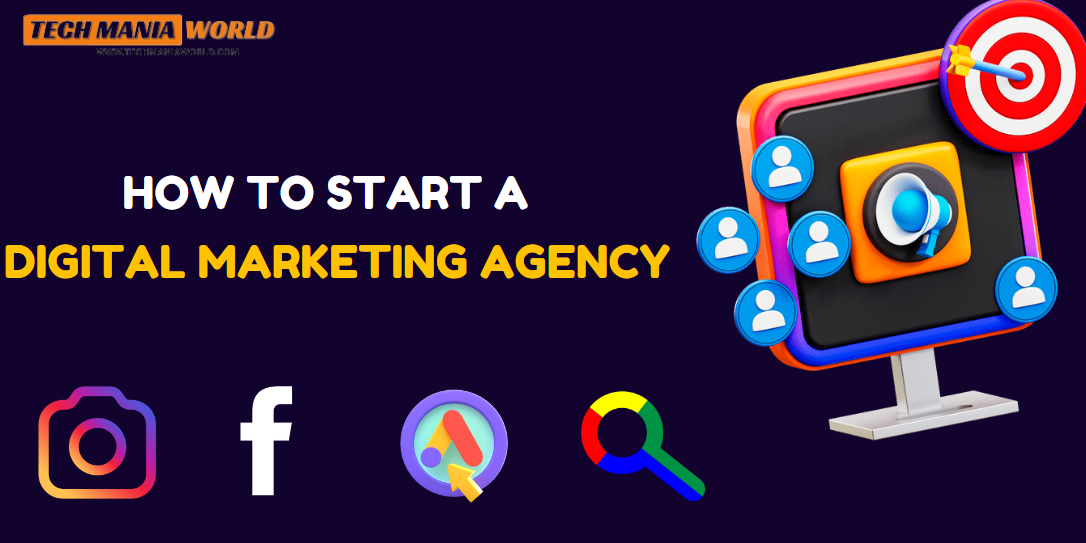Auto insurance, known for car insurance, is essential not only because it protects drivers from unexpected financial burdens but also because it is a legal requirement in most states and countries. Contract between a vehicle owner and an insurance company. What are the options? Is it enough? Learn how car insurance works and what types of coverage are available.
Also Read: what is health Insurance?
Understand your car insurance and what it covers
Car insurance is a financial safety net that protects you from the unexpected costs associated with owning and operating a vehicle. Car insurance policies are designed to protect us and our car. Coverage includes liability for damage caused to others, repair costs for your car, and even medical expenses.
Types of coverage provided by Auto insurance.
: Personal Injury Protection
: Comprehensive Coverage
: Underinsured Motorist Coverage
If your car is stolen from somewhere or has an accident, instead of paying from your own pocket, you can pay from the auto insurance company with which you have insured your car, they will provide you the full amount.
Policies are generally issued for six-month or one-year timeframes and are renewable. The insurance company sends a notice when it’s time to renew the policy and pay your premium.
Who is covered by auto insurance and under what circumstances?
Auto insurance provides financial protection to us, our passengers and anyone who may be involved in an accident. Understanding who is covered by your policy and under what circumstances is essential to ensure you’re properly protected and compliant with the law.
Understanding who is covered and under what circumstances can help you avoid costly surprises in the event of an accident or claim. The named insured, permissive drivers, passengers, and third parties all play distinct roles within your policy’s framework.
Benefits of car insurance
: Financial Protection Against Accidents
Accidents can happen to anyone, no matter how safely you drive, but there is no timing for an accident to happen; it can happen anytime or anywhere. Car insurance also supports us financially, such as medical bills, vehicle repairs, and legal fees, all bills that can go bad quickly. To avoid upper financial pressure or money pressure, we have taken car insurance because it gives us financial protection against accidents.
: Protection Against Theft and Vandalism
Having car insurance can protect you from problems like car theft, vandalism, and damage caused by events like fire, flooding, or natural disasters. You don’t have to pay for it if your car is stolen or there is any damage done to it. The car insurance policy will help you; it will pay you according to the value of your car or the cost of repairs.
: Coverage for Medical Expenses
When you take the premium of your car insurance policy, make sure to add Personal Injury Protection (PIP) or Medical Payments (MEDPAY) coverage in case of injuries to you or your passenger at the time of accident. Personal Injury Protection (PIP) or (MEDPAY) coverage will help you or your passenger cover the costs of medical treatment regardless of who is at fault.
: Roadside Assistance
Many car insurance policies can add additional services to their policies, like roadside assistance, which can help you in case of any problem with your car. Roadside assistance services typically include help with flat tires, battery jumps, fuel delivery, lock-out services, and even towing if your car breaks down. If you are stuck somewhere, then all these services can save your time and money and save you from frustration. Some insurance companies include them as part of a comprehensive or even standard policy, making it a valuable benefit for drivers who want to ensure they’re never left stranded.
What is the difference between third-party and comprehensive insurance?
What is Third-Party Insurance?
Third party insurance is a basic form of car insurance coverage and is often the minimum legal requirement in many countries. These are designed to cover damages and injuries that we cause to someone.
Key Features of Third-Party Insurance
Liability Coverage: Third-party insurance protects you against the financial burdens of damages or injuries that may be caused to someone else’s vehicle or property, for example, if you have an accident that causes injuries or any damage to the people in front of you. Third-party insurance will cover the whole repair cost and medical expenses.
No Coverage for Your Vehicle: The most significant limitation of third-party insurance is that if your own vehicle is damaged in an accident or your car is stolen, you will have to cover its entire cost. Insurance will not pay the cover of damage.
What is Comprehensive Insurance?
Comprehensive insurance is a more complete form of car insurance It provides coverage not only for third party damages and injuries but also for damages and injuries caused to you and your vehicle.
Key Features of comprehensive insurance
Coverage Vehicle for Your: The most significant advantage of comprehensive insurance is that even if there is any damage to your car, your comprehensive insurance will cover you. This includes situations such as accidental damage, fire, theft, vandalism, and damage caused by natural events like floods, earthquakes, or hailstorms.
Personal Injury Coverage: Comprehensive insurance always provides coverage for damages and injuries sustained to you and your passengers. This includes medical treatment costs and sometimes even lost wages. In some cases, it may also cover the cost of rehabilitation or long-term care.
The Future of Auto Insurance
Development in technology is reshaping the auto insurance industry. Telematics, artificial intelligence, and blockchain are enabling insurers to offer personalized pricing, streamline claims processing, and enhance transparency. Additionally, the rise of autonomous vehicles and ridesharing services is prompting insurers to adapt their policies to new risks and opportunities.
One of the most important factors that influence the future of auto insurance is the introduction of Self Driving cars in the market one of the most common examples of self-driving car is (Tesla). While self-driving cars are becoming more common, the insurance companies will face more challenges. Now the focus will be on insuring vehicles and manufacturers rather than individual drivers. This transition will bring both new opportunities and challenges for insurers.
Overview
Auto insurance is a financial tool that protects drivers or others on the road from the financial consequences of accidents, theft, or unwanted events. It is important for every driver to understand his/her insurance needs and choose the right policy as per his/her lifestyle and budget. Insurance policies offer different coverages, which people can select as per their need and financial capability. This is an important investment for all those who operate a vehicle. It provides financial protection and gives peace of mind in the face of uncertainties on the road. In exchange for regular premium payment, the company promises to cover the costs of any incident related to the insured vehicle. Auto insurance policies offer different coverages, which people can select as per their need and financial capability.




